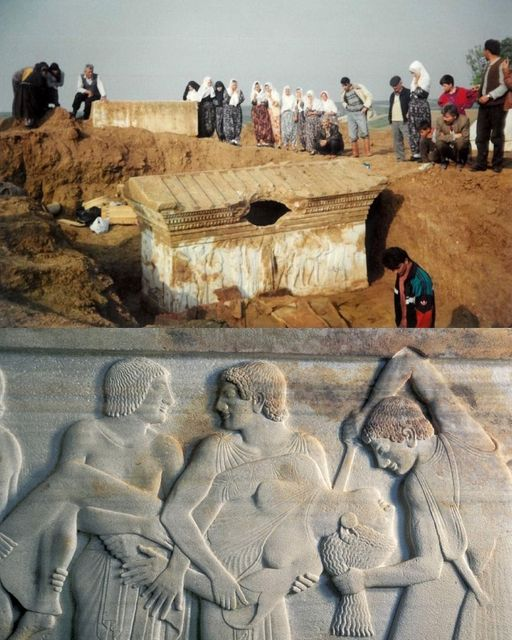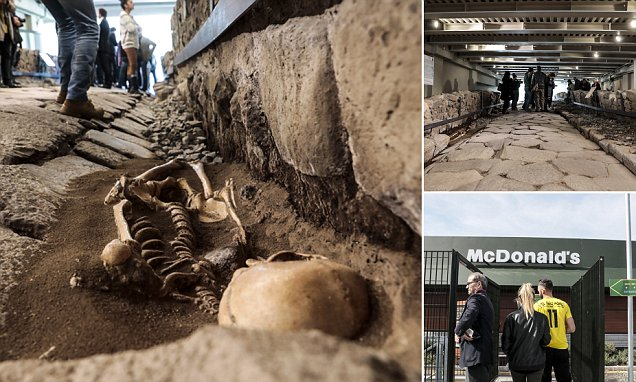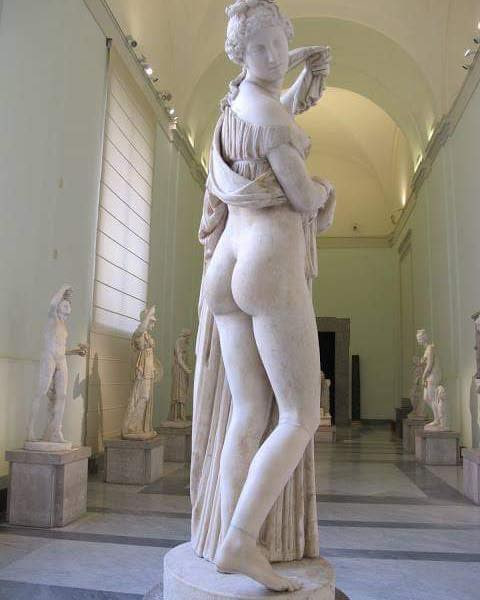Step into the realm of ancient Greece and behold the awe-inspiring beauty of the Acropolis, crowned by the majestic Parthenon. Situated atop a rocky outcrop overlooking the city of Athens, this iconic landmark stands as a symbol of classical civilization and architectural brilliance. Join us on a journey to explore the rich history and enduring significance of the Acropolis - Parthenon, a testament to the ingenuity and artistic prowess of the ancient Greeks.
Discovering the Acropolis - Parthenon: A Triumph of Classical Architecture
The Acropolis - Parthenon is renowned worldwide for its unparalleled architectural magnificence. Built in the 5th century BCE under the leadership of Pericles, the Parthenon served as a temple dedicated to the goddess Athena, patron deity of Athens. Its grand Doric columns, intricate friezes, and sculpted pediments are a testament to the artistic and engineering genius of ancient Greek craftsmen. As one of the most iconic structures of the ancient world, the Parthenon continues to captivate visitors with its timeless beauty and historical significance.

Unraveling the Historical Legacy: A Window into Ancient Greece
The Acropolis - Parthenon holds a special place in the annals of history as a symbol of Athenian democracy, cultural achievement, and intellectual prowess. It served as the centerpiece of the city-state's religious and civic life, hosting elaborate festivals, ceremonies, and rituals in honor of the gods. The architectural harmony and visual harmony of the Parthenon reflect the ideals of balance, order, and symmetry that were central to Greek philosophy and aesthetics. Through the study of its ruins and artifacts, archaeologists continue to uncover new insights into the political, social, and cultural dynamics of ancient Greece.
Exploring Archaeological Significance: Uncovering the Past
The excavation and preservation of the Acropolis - Parthenon are vital endeavors that shed light on the rich tapestry of human history. Archaeologists meticulously uncover layers of ancient ruins, artifacts, and inscriptions, piecing together the puzzle of the past and unraveling the mysteries of antiquity. Through their efforts, we gain a deeper understanding of the lives, beliefs, and achievements of our ancestors, preserving their legacy for future generations to appreciate and study.
Reflecting on the Meaning of Archaeology: Insights and Benefits
Archaeology serves as a bridge between the past and the present, offering valuable insights into our shared human heritage and cultural evolution. By studying ancient sites like the Acropolis - Parthenon, we gain a deeper appreciation for the achievements of past civilizations and the enduring legacy of human creativity and ingenuity. Moreover, archaeology fosters a sense of connection and belonging, reminding us of our interconnectedness with those who came before us and inspiring us to preserve and protect our cultural heritage for generations to come.

In conclusion, the Acropolis - Parthenon stands as a timeless symbol of human achievement and architectural excellence, embodying the spirit of ancient Greece's golden age. As we marvel at its grandeur and explore its storied history, we are reminded of the enduring legacy of classical civilization and the importance of preserving our cultural heritage. Through the lens of archaeology, we gain a deeper understanding of the past and its relevance to our lives today, underscoring the profound meaning and benefits of studying our shared human history.










